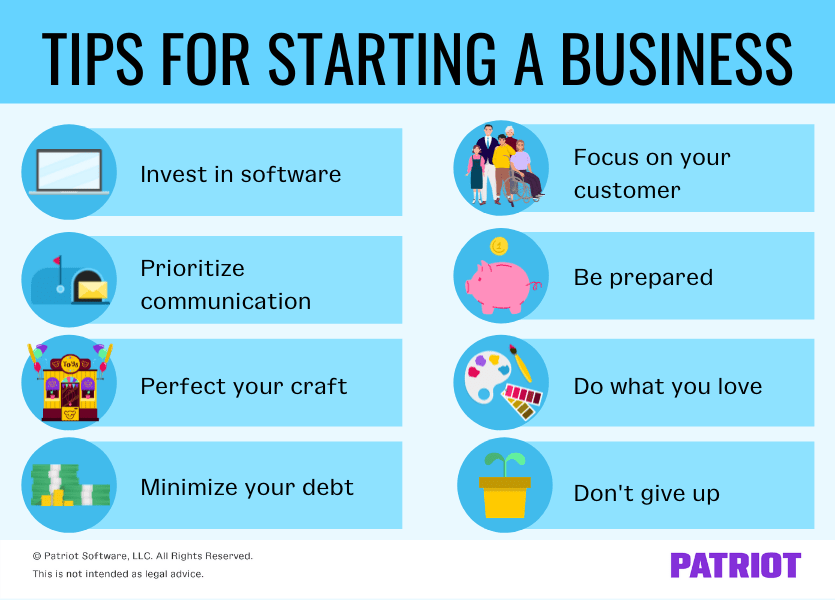
Essential Tips for Effective Virtual Team Management

Mastering Virtual Team Management: Essential Tips
Understanding the Landscape
Managing virtual teams requires a unique set of skills and strategies compared to traditional in-person teams. Understanding the landscape of virtual work environments is essential for effective leadership. Virtual teams often consist of members spread across different locations, time zones, and even countries. Recognizing the challenges and opportunities presented by this distributed setup is crucial for successful management.
Clear Communication is Key
Clear communication lies at the heart of effective virtual team management. With team members working remotely, communication channels become even more critical. Utilize a combination of video conferencing, email, instant messaging, and project management tools to facilitate communication. Establish regular check-ins and update meetings to ensure everyone stays informed and aligned.
Fostering Collaboration Across Distances
Collaboration can be more challenging in virtual teams, but it’s essential for achieving collective goals. Foster a culture of collaboration by providing platforms for sharing ideas, brainstorming sessions, and collaborative project management tools. Encourage team members to contribute their expertise and insights, leveraging the diversity of perspectives within the team.
Building Trust Remotely
Building trust is essential for remote teams to function cohesively and effectively. Trust forms the foundation of strong working relationships and enables team members to rely on one another. Foster trust by setting clear expectations, demonstrating integrity and reliability, and providing opportunities for open dialogue and feedback. Trust is earned through consistent actions and transparent communication.
Embracing Flexibility
One of the key advantages of virtual teams is the flexibility they offer. Embrace this flexibility by allowing team members to work according to their preferred schedules, provided that deadlines and deliverables are met. Recognize that flexibility fosters a sense of autonomy and empowerment among team members, leading to higher levels of motivation and engagement.
Adapting Leadership Styles
Effective leadership in virtual teams requires adaptability and flexibility. Recognize that traditional leadership styles may need to be adjusted to suit the virtual environment. Focus on outcomes rather than micromanaging processes, and provide support and guidance as needed. Encourage autonomy and initiative among team members, empowering them to take ownership of their work.
Managing Performance and Accountability
Managing performance and accountability can be more challenging in virtual teams, where oversight may be limited. Implement systems for tracking progress, setting goals, and evaluating performance objectively. Regular check-ins and feedback sessions are essential for keeping team members accountable and addressing any issues or concerns promptly.
Cultivating a Positive Culture
Cultivating a positive team culture is essential for fostering camaraderie and morale in virtual teams. Encourage team bonding activities, celebrate achievements, and recognize individual contributions. Foster a culture of inclusivity and respect, where every team member feels valued and supported. A positive team culture contributes to higher levels of engagement and productivity.
Leveraging Technology Effectively
Technology plays a vital role in enabling virtual team collaboration and communication. Take advantage of collaboration tools, project management software, and video conferencing platforms to streamline workflows and enhance productivity. Provide training and support to ensure that team members are comfortable and proficient with the technology they use.
Continuous Learning and Improvement
Managing virtual teams is an ongoing learning process. Continuously seek feedback from team members and stakeholders, and be willing to adapt and evolve your approach based on lessons learned. Encourage a culture of continuous learning and improvement, where team members are encouraged to share best practices and innovative ideas. By embracing a mindset of continuous improvement, you can maximize the success of your virtual team management efforts. Read more about tips for managing virtual teams


